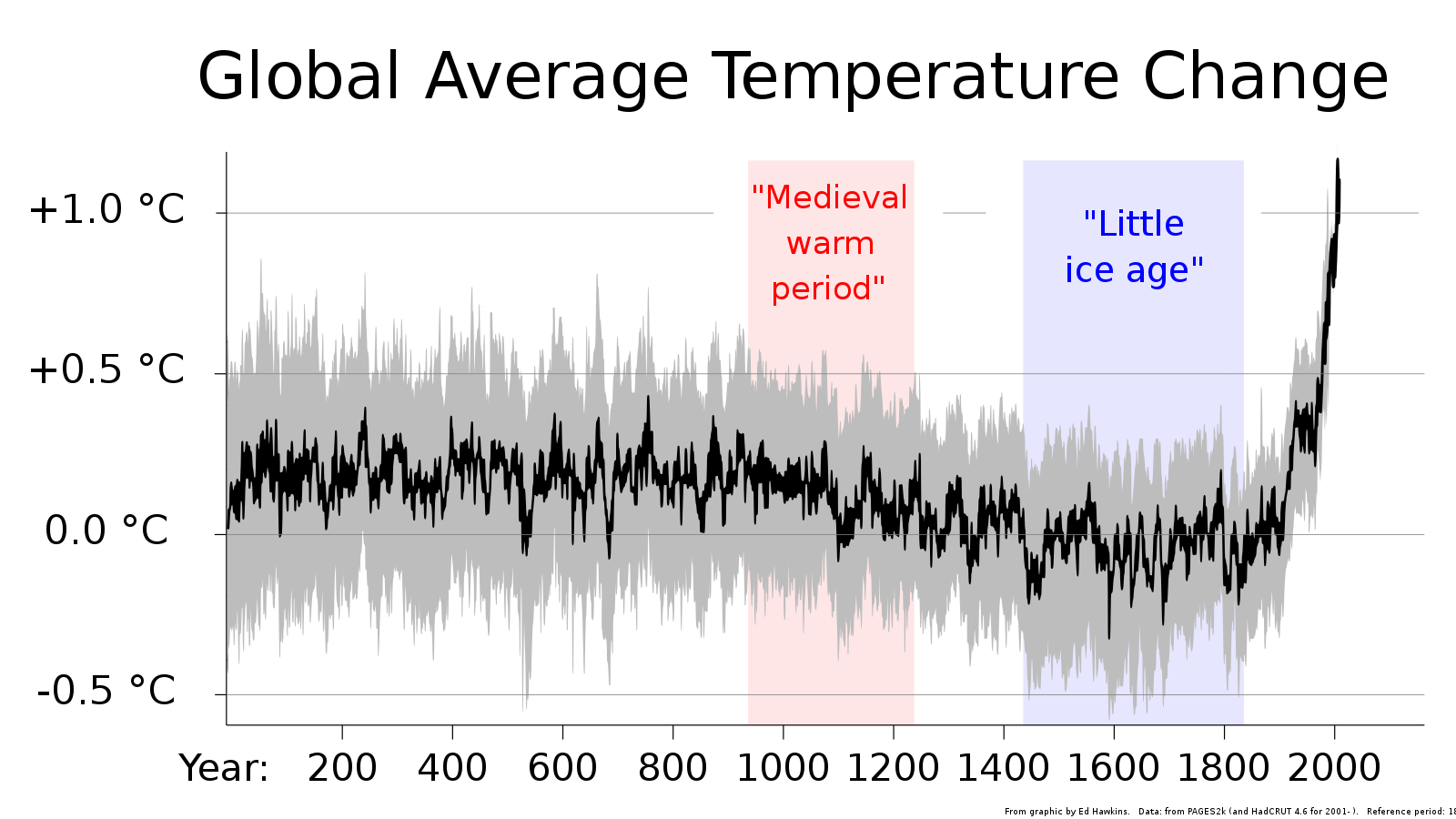OCTOBER 26, 2021 – In my latest plunge into the history of the French Revolution (Hero of Two Worlds by Mike Duncan—see 10/20/21 post), I’m reminded of a factor I’d dismissed in previous study: climate change.
Royal decadence, aristocratic privilege, and enduring feudalism became a powder keg. But what was the match that lit the fuse? A really bad harvest. And what caused the really bad harvest? The Little Ice Age, so concludes Mr. Duncan.
I was familiar with this period of global cooling, the effects of which were most severe in Europe and eastern North America. Stradivari and other great Cremonese violin-makers lived during this time, and the superiority of their instruments has been attributed to the wood they used—from trees whose growth had been stunted by unusually long, cold conditions.
Yesterday, I explored the proverbial rabbit hole of the Little Ice Age and soon learned that the science is as dense and complex as the science regarding current climate change. After scratching the surface, I concluded that the nexi among cold weather, crop failures, and revolution were much easier to establish than was the ranking of causes of protracted cold weather.
From an historian’s perspective, however, the scientific causes of the Little Ice Age are of far lesser concern than the effects.
Now back to the present: if we can ameliorate the causes of climate change, our collective imperative is clear. We must. The science—what cause induces which effect—is of paramount importance. Yet, equally critical is an accurate understanding of what disruptions in the world order will result from climate change—change that is already irreversible and further change that will soon be irreversible if our trajectory itself doesn’t change enough and in time.
I worry that as future historians review our current age, as they consider the powder keg of political dysfunction, economic and financial distortions, technological acceleration, destruction of social fabric, and so on, they will identify climate change as the match, the fuse, the flame, that blew our world order to kingdom come.
Will Ethiopia (population: 115 million) go to war with Egypt (population: 103 million) over control of the Nile? Will the continuing desertification of sub-Sahara Africa turn the stream of eco-refugees into a torrent? Will crop failures from Afghanistan to the Levant set more millions on the move? In our own land, will drought and fire in the West drive people east and north? Will agricultural unsustainability in Central America lead to ever greater numbers of migrants pressing our southern border?
Calls for a wall could soon seem even more ludicrously quaint; a street blocked by BLM protesters, a case of ever so civil disobedience; the Capitol being attacked by a horde of crazy people, a brief sampler of later, frequent, deadlier assaults on the established order.
The operative word here is “could”—not yet “will.” To reduce the probability of “will,” however, we must think and act strategically. Earth and order are in the balance.
(Remember to subscribe to this blog and receive notifications of new posts by email.)
© 2021 by Eric Nilsson
